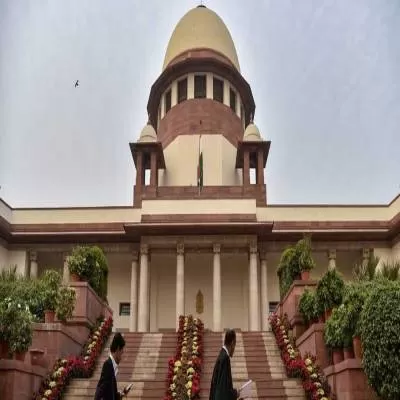

The Supreme Court (SC) has dismissed a plea filed by micro and small businesses challenging the 45-day payment rule stipulated in the income tax law. The ruling comes as a setback for these businesses, which sought relief from the stringent payment timeline mandated by the legislation.
The plea, filed by representatives of micro and small enterprises, contested the provision in the income tax law that requires businesses to settle their tax liabilities within 45 days of the close of the financial year. The petitioners argued that the timeline imposed undue financial burden on small businesses, especially during periods of economic downturn and cash flow constraints.
However, the SC upheld the validity of the 45-day payment rule, citing the importance of timely tax compliance and revenue collection for the functioning of the government and the economy. The court noted that while the rule may pose challenges for certain businesses, it serves the broader public interest by ensuring the stability and sustainability of the fiscal system.
The dismissal of the plea underscores the need for micro and small businesses to adapt to regulatory requirements and comply with statutory obligations in a timely manner. It highlights the significance of effective financial management and planning strategies to navigate the complexities of tax compliance and regulatory frameworks.
For micro and small enterprises, the SC's ruling reaffirms the importance of prioritising financial discipline and compliance with tax laws to avoid legal repercussions and penalties. It underscores the need for businesses to maintain robust accounting practices, monitor cash flows diligently, and seek professional guidance to meet their tax obligations efficiently.
While the SC's decision may pose challenges for micro and small businesses grappling with financial constraints, it also underscores the imperative of fostering a conducive business environment and supporting entrepreneurship through targeted policy interventions and regulatory reforms. By addressing systemic barriers and providing adequate support mechanisms, policymakers can empower small businesses to thrive and contribute to economic growth and employment generation.
In conclusion, the SC's rejection of the plea challenging the 45-day payment rule in the income tax law reaffirms the importance of tax compliance and fiscal discipline for micro and small enterprises. It underscores the need for businesses to adopt proactive measures to meet their statutory obligations and navigate regulatory complexities effectively.